These European personalities made a change, moved us forward and left footprints in the European history with their innovative ideas and visions. Who would be your role model?
This content is currently not available in Македонски

These European personalities made a change, moved us forward and left footprints in the European history with their innovative ideas and visions. Who would be your role model?
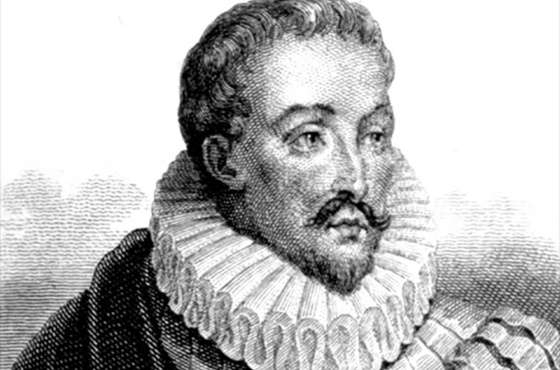
His fictional knight-errant rescued ‘imaginary damsels’, and spawned the word ‘quitoxic’. Spanish author Miguel de Cervantes’ (1547-1616) Don Quixote de La Mancha is the first modern novel, and sits among the top 10 most translated books. An ex-soldier, Cervantes was captured by pirates and enslaved in Algiers before writing the Western literary classic.
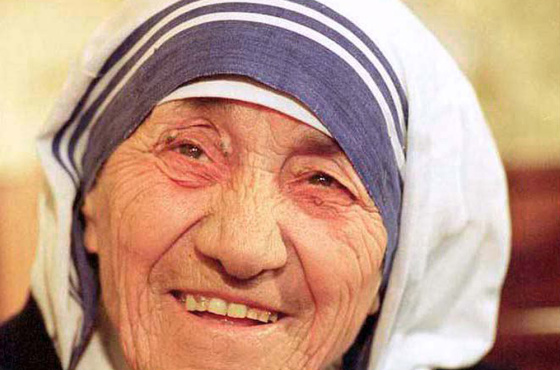
A Catholic nun with Albanian roots, Mother Teresa (1910-97, born Anjezë Gonxhe Bojaxhiu) founded one of the biggest female congregations in the world, with 4,500 sisters doing charity work in 133 countries. Supporting the sick and poor, she claimed that ‘by her calling’ she ‘belongs to the world’. For her charity work she was awarded Nobel Peace Prize in 1979.
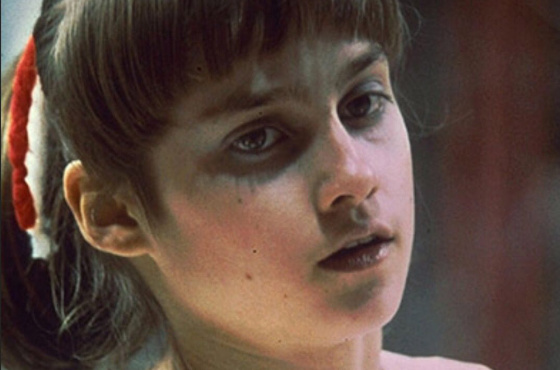
Six hours of training per day, incredible talent and lots of self-confidence all paid off for Romanian gymnast Nadia Comaneci (born 1961). She was the first gymnast in history to score the ‘perfect 10’ at the 1976 Olympic Games in Montreal, proving that perfection can be achieved through persistence. Comaneci, a five-time Olympic gold medallist, is now a passionate leader of a gymnastic academy for teenagers.
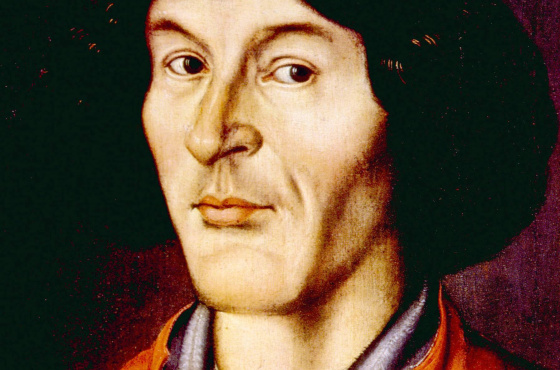
People once thought that the Earth was the centre of the universe, until Nicolaus Copernicus (1473-1543) presented a new view of the world. The Renaissance-era polyglot and polymath’s heliocentric model placed the Sun at the centre of the solar system. Despite being banned by the church for over 200 years, the mathematician's book, On the Revolutions of the Heavenly Spheres, formed the basis of modern astronomy.
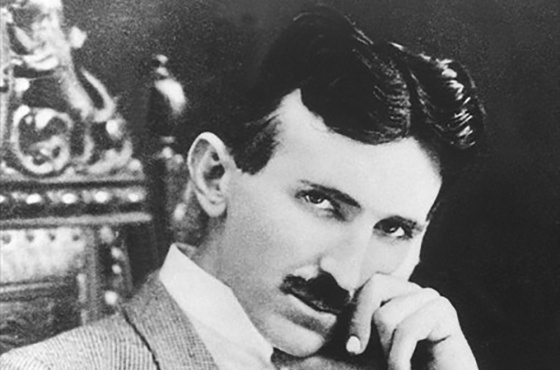
Often referred to as ‘the man who invented the 20th century’, Nikola Tesla (1856-1943), a European engineer and physicist, revolutionised the form in which electricity is delivered to consumers. His invention resulted in the rapid development of industry and laid the groundwork for the modernisation of power systems. Tesla even experimented with wireless technologies, building one of the first wirelessly-controlled boats.
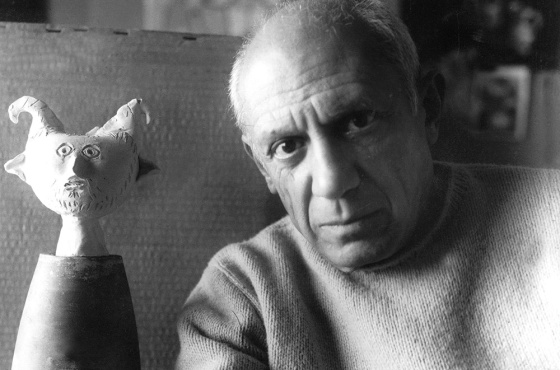
As a declared pacifist, Pablo Picasso (1881-1973), a Spanish painter, sculptor, poet and playwright, documented the most brutal conflicts of his times: The Spanish Civil War (Guernica), the horrors of World War II (Death’s Head) and the Korean War (Massacre In Korea). His abstract experiments with form gave birth to an entirely new Cubist movement. He is now considered one of the most influential artists of the 20th century.
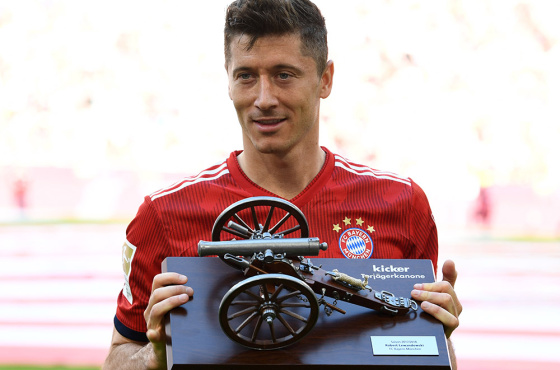
Robert Lewandowski (born 1988) is not only an icon of Polish and European football and one of the best strikers in the world, but also a successful entrepreneur. He invests mostly in innovative business ideas and promising startups. His civic engagement in charities supporting disadvantaged families and kids made him one of the most respected personalities in Polish public life.
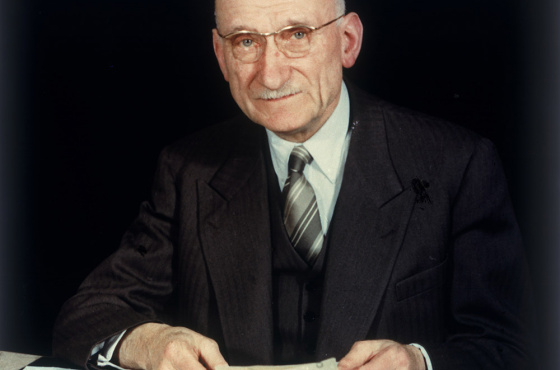
One of the ‘founding fathers of the European Union’, the former French prime minister and minister of foreign affairs Robert Schuman (1886-1963) is mostly known for his famous declaration dated 9 May 1950. He proposed the political and economic integration of Western Europe which resulted in the creation of the European Economic Community, and later the European Union. To commemorate the Schuman Declaration, we celebrate Europe Day every year on 9 May.

Winning a gold medal at the 2012 London Olympics at the age of 15, swimmer Rūta Meilutytė (born 1997) became one of the youngest gold medallists ever. Born in Lithuania, she now lives and trains in the UK. She is the only swimmer in history to hold the Olympic, World and European titles at both senior and youth levels at the same time.
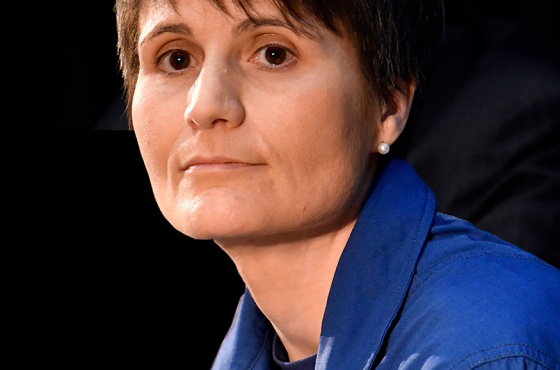
The first person to brew an espresso in space, Samantha Cristoforetti (born 1977) is an Italian astronaut and military pilot who has spent almost 200 days on the International Space Station in 2014 and 2015. Until recently, it was the longest single mission for women in space. She believes the mix of ‘great education, hard work and luck’ helped her to fulfil her ‘dream of flying into space’. She took part in Erasmus+ three times, studying in Germany, France and Italy.
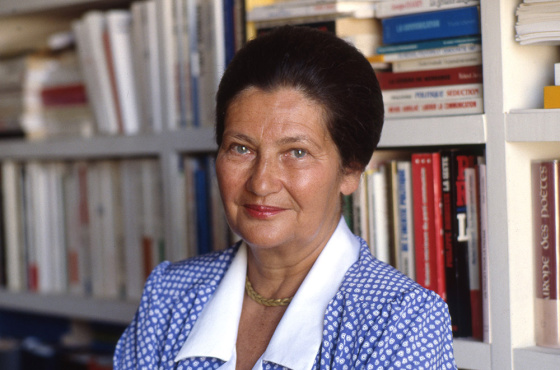
A Holocaust survivor, feminist icon and campaigner against anti-Semitism, Simone Veil (1927-2017) was a French politician of Jewish descent. She spent her life fighting for women’s rights. In 1974, as Minister of Health, she managed to push through the ‘Veil Law’, legalising abortion. Her concentration camp experience turned her into a passionate advocate of European unification. She was the first woman elected the President of the European Parliament in 1979.
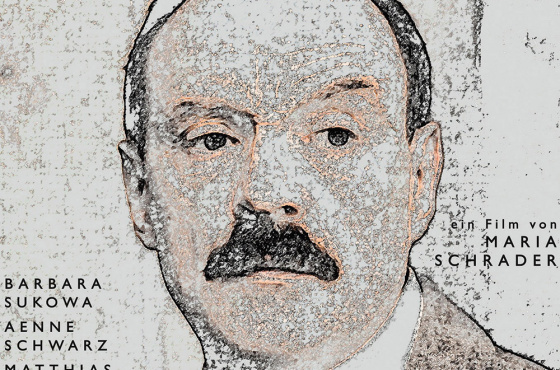
Fascinated with works of Sigmund Freud, Stefan Zweig (1881-1942) was an Austrian novelist, playwright, biographer and one of the most popular writers of the 1920s. Protesting against Hitlerism, together with his wife he left Europe and moved to Brazil. Depressed about the situation on the old continent, the pair committed suicide in 1942. Zweig saw Europe as a lasting community of culture and values.